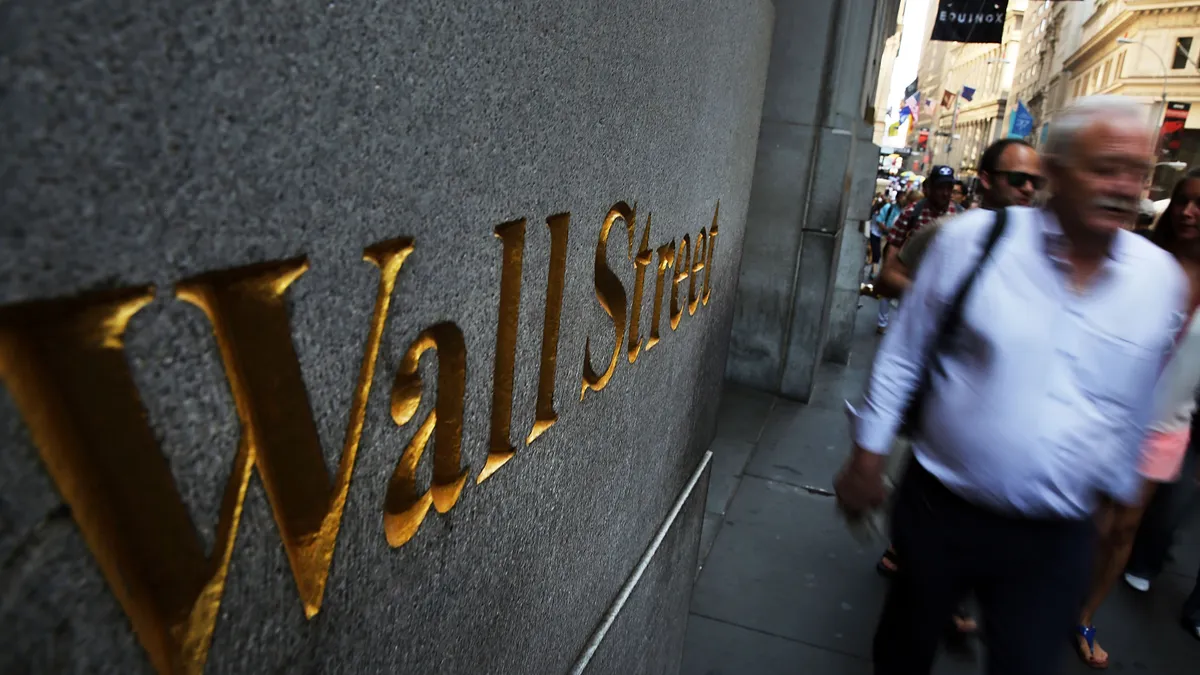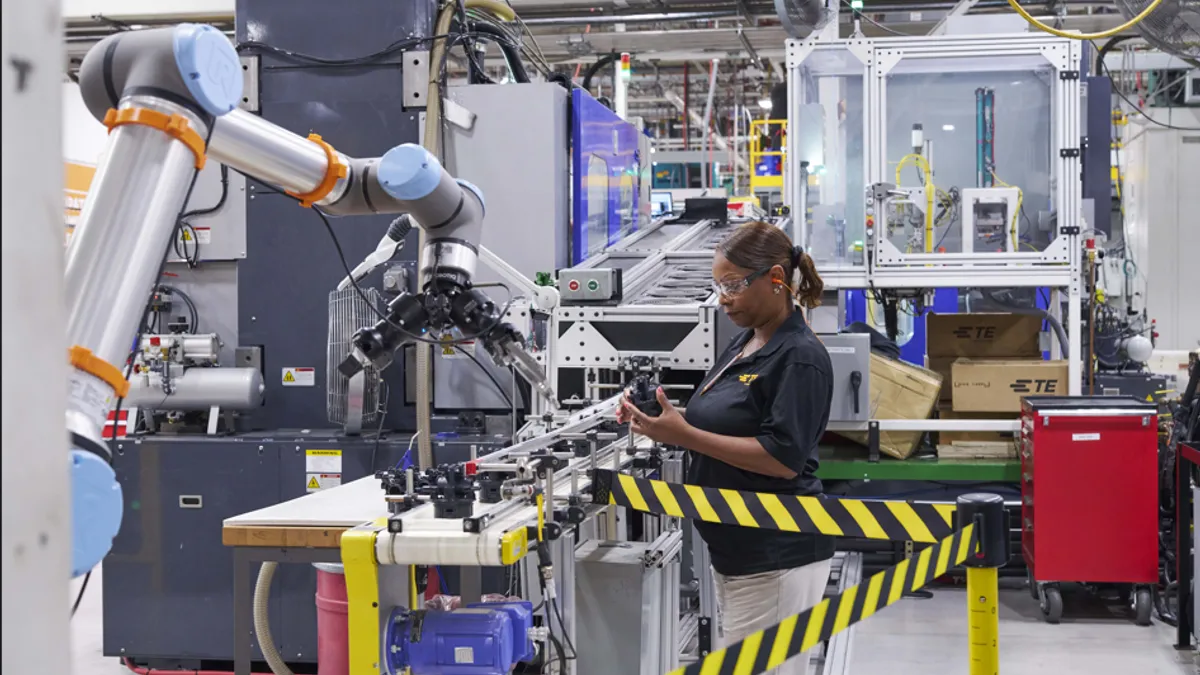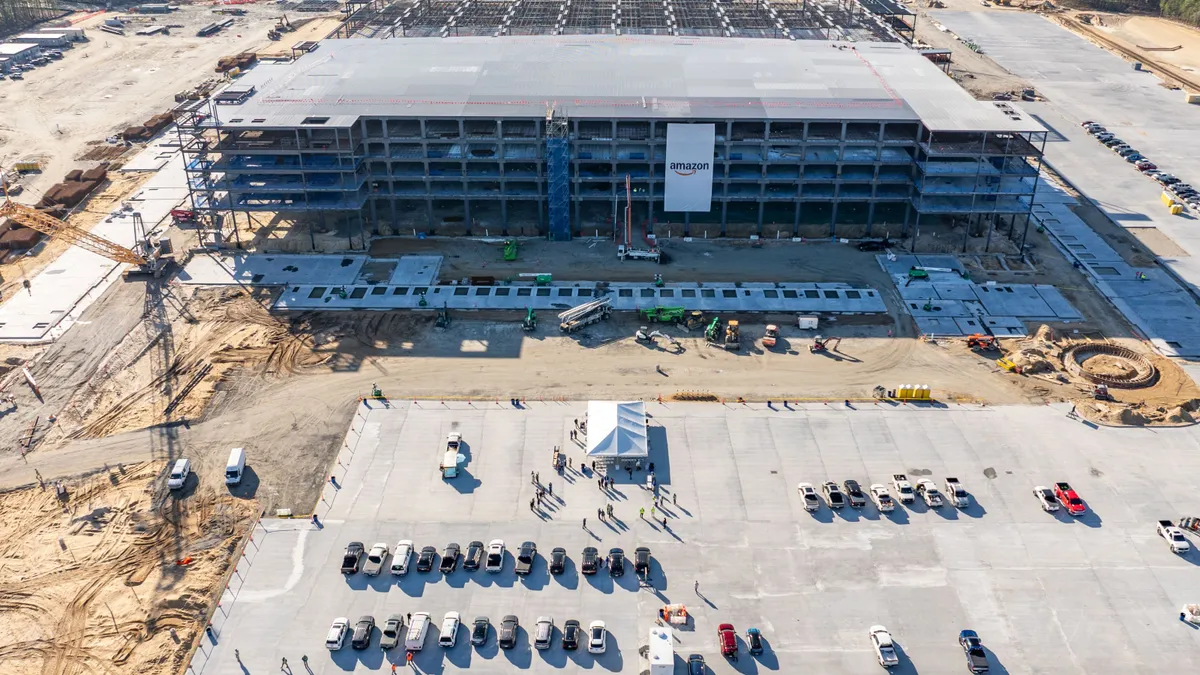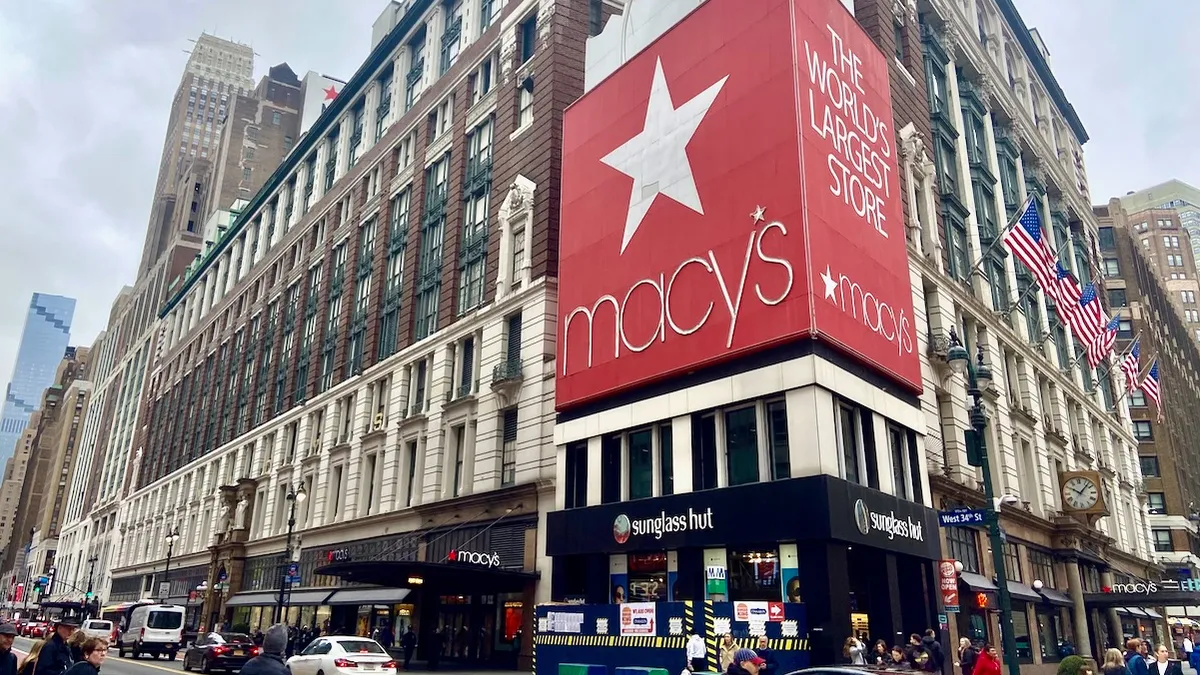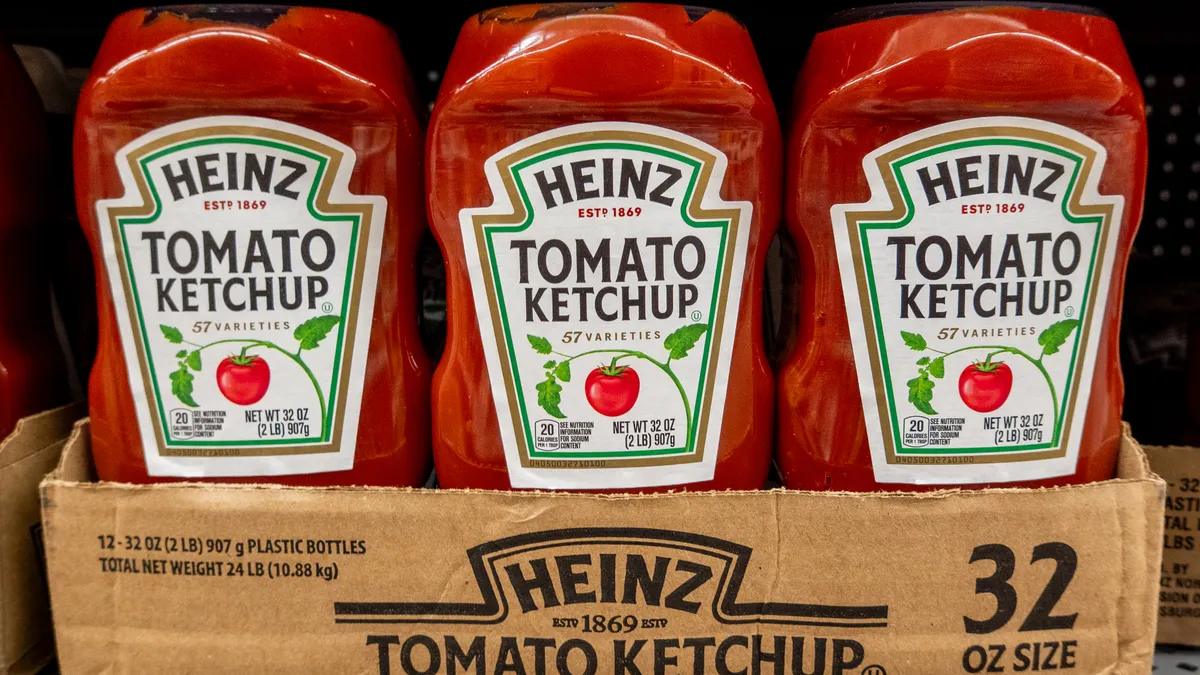Supply chains are constantly changing as new rules, technologies, resources and market trends transform operations. Here's a skim of the week's indexes, technology announcements, expansions and M&As from around the web
In Case You Missed It
- Here are 10 Twitter accounts every supply chain pro must follow.
- Find out why carriers are reserving Tesla's new truck (hint: AI).
- Retail Dive reveals the winners and losers of Black Friday 2017.
Market Snapshot
The holiday season officially began last week, and it could not have come with a better environment for retailers.
"From good weather across the country to low unemployment and strong consumer confidence, the climate was right, literally and figuratively, for consumers to tackle their holiday shopping lists online and in stores," Matthew Shay, president and CEO of the National Retail Federation, said in a statement reporting Black Friday results.
The good business climate contributed to more than 174 million shoppers who purchased an average $335.47 of products the day after Thanksgiving. Most shoppers bought both in-store and online, rewarding retailers' large omnichannel investments over the past year.
The shopping figures coincide with another record that was set this week: U.S. consumer confidence rose to 129.5, its highest level since November 2000. Bloomberg reports the index's rise will help "underpin household spending, the biggest part of the economy, this quarter."
Consumer confidence is not misplaced either, according to the Organization for Economic Development. In its most recent economic outlook, the OECD predicts global GDP growth will be 3.5% this year and grow to 3.75% in 2018.

Nearly every major country expects growth next year, but the trend may subside by 2019.
OECD
However, this growth will be hard to maintain if countries do not boost private investment.
“The global economy is flying low and at risk of financial turbulence,” OECD Chief Economist Catherine Mann said in a statement. High household and corporate debt could at any point lead to a market crash if governments do not actively work to sustain growth.
"Countries should implement reform packages that catalyze the private sector to promote productivity, higher wages and more inclusive growth," OECD Secretary-General Angel Gurria said in a speech this week.
The data and statements are likely to boost efforts by the U.S. Republican Party to pass a tax reform, although various industries have raised doubts over the present proposals' ability to help the economy.
Technically Speaking
A new survey from Bsquare found that while manufacturers are increasingly adopting industrial IoT and reporting satisfaction with the benefits, they aren't using advanced analytics yet. The high adoption rates are encouraging, but many big companies are already using predictive analytics tools to jump ahead of the competition, so manufacturers will need to pursue advanced analytics if they want to keep up.
Speaking of the future, NASA just launched the second phase of its 3-D printing contest, wherein contestants construct a subscale habitat from 3-D printed materials to serve as a prototype for human shelter on another planet (like Mars). The winner receives $2 million, ThomasNet reported.
In other news, Ukrainian shipping line Varamar will now accept payment in bitcoin (according to Bloomberg) and CB Insights is hosting a bracket round of voting to determine what the top four tech companies are worth investing in and holding for the next 10 years. It's a telling competition, and is worth a look, regardless of your opinion.
Breaking Ground
Amazon may break ground on a 260,000 square foot storage facility in Israel as part of a move to launch retail and distribution in the country, the Times of Israel reported earlier this week. Consumers in Israel currently receive goods from Amazon via Germany, so launching operations in Israel will streamline the supply chain and boost profits for Amazon.
As part of the Port of Savannah's plan to attract more big container ships, the port bought four Neo-Panamax cranes earlier this week, the Savannah Morning News reported. In other news, Fastenal just opened a museum in Winona, Minnesota about its own humble beginnings and how it became the biggest fastener distributor in the country.
Mergers and Analysis
Kind, the healthy snack bar maker, has agreed to sell a minority stake to confectionery food manufacturer Mars Incorporated in order to further fuel Kind's growth into global markets.
In a sweet deal that values Kind at over $4 billion, it equips Mars with one of the fastest-growing snack makers in the world, as The New York Times reported. Furthermore, Mars will leverage its global distribution network while running Kind's international operations in order to channel Kind's products into countries such as China, where Mars has 2.3 million distribution points.
Getting into the holiday spirits, Republic National Distributing has agreed to merge with Breakthru Beverage Group in a deal that will value the resultant company at $12 billion. In a released statement, the combined company, which will distribute such brands as Moet Hennessey, Remy Cointreau and Tito's, will leverage its distribution channels to enhance its supply chain, e-commerce and and transparency.
Finally, in a deal that didn't happen, Emerson Electric, the power plan process-control equipment manufacturer, has been rebuffed now thrice by Rockwell Automation, which specializes in industrial automation. As the WSJ reported, while Emerson had contended that the deal made sense both as business compliments and potentially accretive to earnings and growth, Rockwell declined, stating that it is not in the best interest of their company or shareholders.


